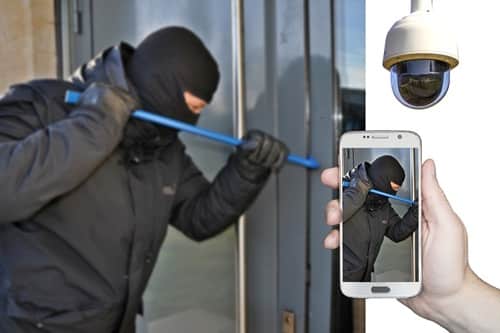
In the age of the Internet and global connectivity, your online identity information is as important as that on your physical ID card or passport. Unfortunately, more and more internet users around the world fall victim to identity theft every day. One reason for this sad statistic is that the engines that carry out things like a people search online have become very sophisticated.
As new technologies appear every day, we build up an ever-growing personal database of IDs, emails, and passwords for the different apps that go with them. In this post, we shall give you some simple but effective tips on how you can protect yourself from identity theft.
What Do You Share on Facebook?
It will not be an overstatement to say that some people live on Facebook these days. Unfortunately, most online identity thefts occur through this social network. On Facebook, one can easily get overwhelmed by the amount of fun content and accidentally share too much with their friends.
Every once in a while, you should go through your privacy and security settings and check who can see the content you publish and who can message you. It is also important to take everything you see posted on Facebook with a grain of salt. Some posts have been created by cunning scammers with the only purpose to get you to click on a malware link.
Is This Email Really from PayPal?
Every once in a while, a message warning me that my PayPal account has been compromised and immediate action is required makes its way to my inbox. If you give in to panic, you’d probably skim the message’s body and click the active link at the bottom. This type of attempted identity theft is called phishing.
However, if you take a few seconds to check the sender’s email, you’ll quickly find out that it has nothing to do with PayPal’s official email address. Whenever you receive such fake alerts that one of your online accounts has been compromised, always check the sender’s email.
How Do You Manage Your Passwords?
Nowadays, websites no longer accept weak passwords. I have noticed that the number of passwords I need every day is such that I have them in a word.doc file on my PC. That’s a primitive way to store your passwords. There are special devices like the powerful RecZone Password Safe that store and manage your passwords much more effectively.
If you need an exceptionally strong password, you can use a specialized website like passwordsgenerator.net to get a password of between 16 and 32 symbols in length. I, personally, use two or three medium-strength passwords for all of my accounts. That’s something experts do not recommend. Ideally, you should have a unique password for each of your accounts. That can be challenging if you manage five or six personal accounts and about as many for work. A good idea is to have several strong passwords and use them across your accounts. The worst thing to do is use one single, albeit strong password for all of your logins.
Storing Sensitive Information on an Offline Device
Are you planning to buy a new laptop? If so, you can use your old machine as an offline data storage device. If you want to protect your data (emails, social security numbers, addresses, bank accounts, etc.) from online identity theft, you have to store this information offline. Selling your laptop online or to a second-hand electronics dealer isn’t always the best way to make some extra cash. Even if you take the time and effort to delete all info from its drives, there will still be a way to extract sensitive personal info. Imagine that falling into the wrong hands. What I can advise is to format the HDD. This may lower its price, as you’ll be selling it without an OS, but its new owner can easily have a new one installed.
Be Careful What You Download on Your Mobile
Your smartphone can be hacked just as easily as your laptop. To prevent identity theft through your mobile, you should learn to tell the genuine apps from the ones that can do you harm. They imitate the real apps but take full control of your phone once installed.
Leave a Reply
You must be logged in to post a comment.